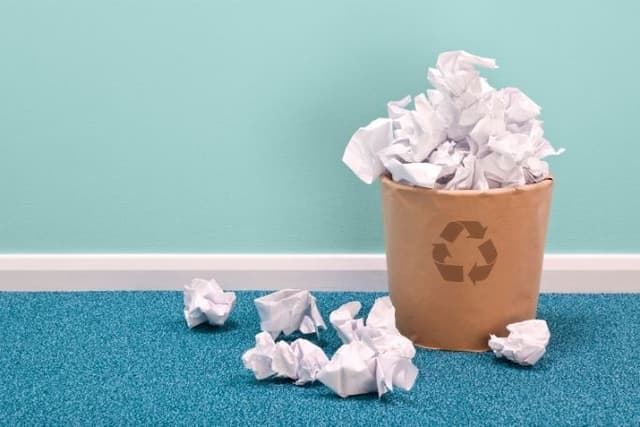
National Recycling Week - Closing the Paper Recycling Loop (NAPLAN Writing Practice)
Lesson4 of 6 in this unit
PrimaryYear 3 - 4EnglishPersuasive writingEnvironmentalRecyclingSustainability
Summary
Lesson Guides and Printables
Lesson Plan

Student Worksheet

Teacher Content Info
